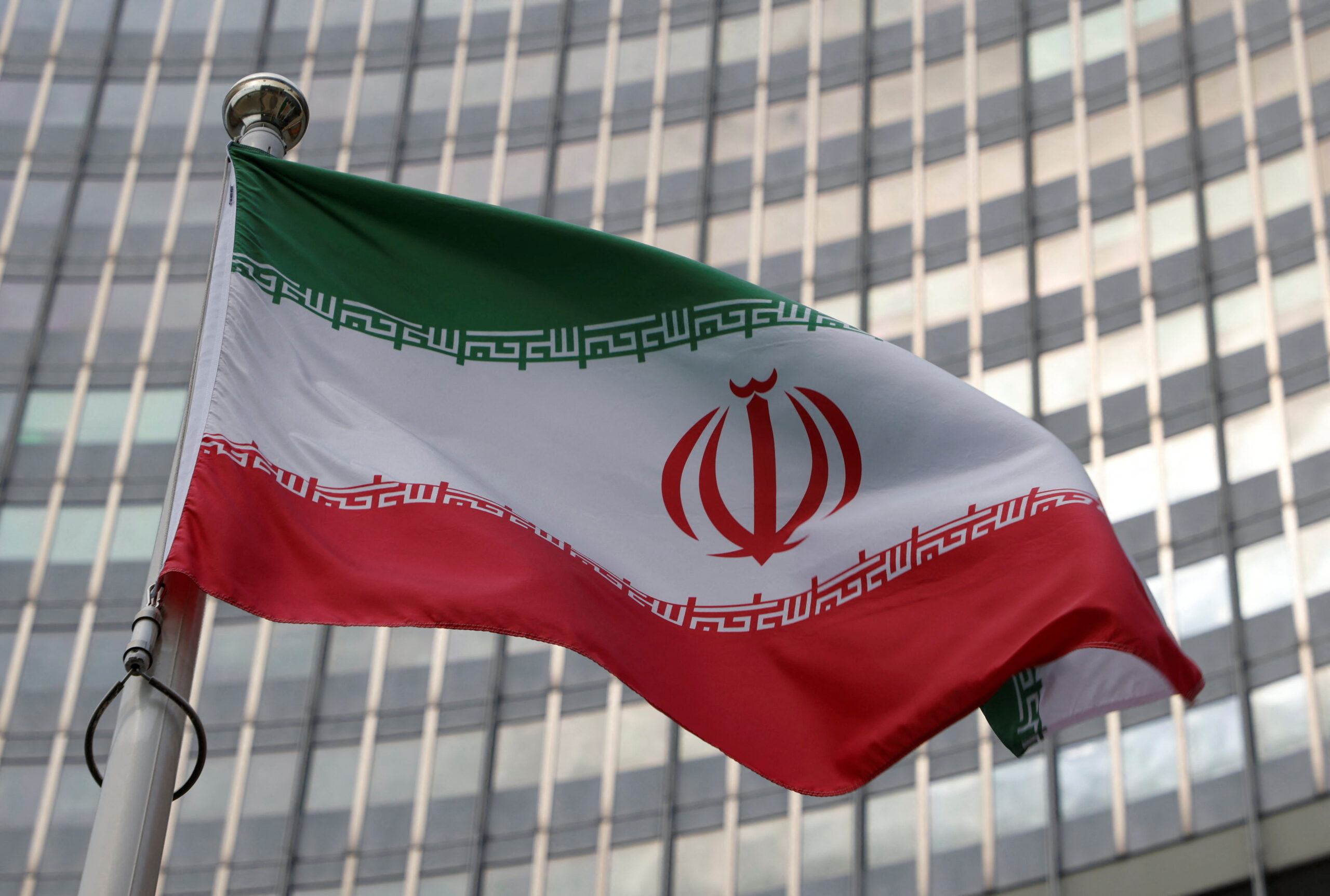VIENNA— Planned negotiations between Iran and the United Nations nuclear watchdog aimed at resolving the ongoing deadlock over Tehran’s nuclear program have been temporarily suspended following the death of Iranian President Ebrahim Raisi, according to an agency report on Monday.
The pause in discussions between Iran and the International Atomic Energy Agency (IAEA) coincides with renewed concerns from IAEA Director General Rafael Grossi regarding Iran’s public statements about its nuclear weapons capabilities.
In a recent report, Grossi expressed alarm over Iran’s declarations about its technical capacity to produce nuclear weapons and potential shifts in its nuclear doctrine. “Further public statements made in Iran regarding its technical capabilities to produce nuclear weapons and possible changes to Iran’s nuclear doctrine only increase concerns about the correctness and completeness of Iran’s safeguards declarations,” Grossi stated.
Despite these assertions, Iran has consistently denied any ambitions to develop nuclear weaponry, maintaining that its nuclear activities are solely for peaceful purposes. Earlier this month, Grossi visited Iran to bolster cooperation, urging the Iranian leadership to take “concrete” steps to address international concerns regarding its nuclear program. Following his visit, Grossi criticized Iran’s cooperation as “completely unsatisfactory” and called for prompt, tangible results.
The situation has been further complicated by the recent deaths of President Raisi, Foreign Minister Hossein Amir-Abdollahian, and six others in a helicopter crash on May 19. Following the incident, Iran communicated that “due to the ‘special circumstances’, it was no longer appropriate to hold substantive discussions,” according to a confidential report. A new date for talks has yet to be set, and presidential elections are scheduled for the end of June. Grossi emphasized his willingness to continue the negotiations despite the current setbacks.
In the interim, Iran has significantly accelerated its nuclear program, accumulating enough material to construct several atomic bombs. A separate confidential report, prepared ahead of an IAEA board of governors’ meeting next week, revealed that Iran’s enriched uranium stockpile now exceeds thirty times the limit established in the 2015 nuclear accord.
As of May 11, Iran’s total enriched uranium stockpile was estimated at 6,201.3 kilograms, an increase of 675.8 kilograms since the last quarterly report in February. Tensions between Iran and the IAEA have persisted since the 2015 agreement, which curtailed Tehran’s nuclear activities in exchange for sanction relief, fell apart. Efforts mediated by the European Union to revive the deal and reintegrate the United States have so far been unsuccessful.
The current pause in talks and the escalating uranium stockpile underscore the urgent need for renewed diplomatic efforts to address the growing nuclear crisis.
